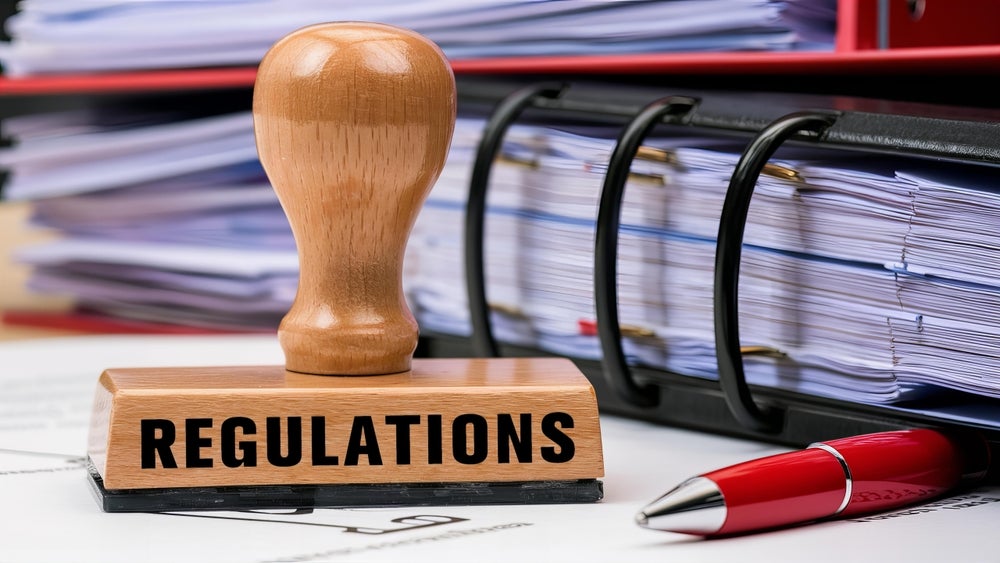Corporate governance is often the most overlooked pillar of ESG.
Companies cannot afford to overlook the importance of governance in setting and executing an ESG plan. The companies that get into the most trouble are often those that forget the number of ways in which they may be held accountable. Sometimes they even ‘out’ themselves, whether inadvertently or because they view disclosure as unavoidable.
Poor governance can harm a company’s financial health, legal standing, reputation, and overall sustainability. CEOs like Sam Bankman-Fried of FTX have even been jailed for poor governance.
What is corporate governance?
Governance assesses how a company’s internal controls are used to inform business decisions, comply with the law, and meet moral obligations to all stakeholders. Simply put, governance is what determines whether a company will deliver results to stakeholders, however it defines ‘stakeholders’—and however it defines ‘results’.
Poor governance is hurting CEOs
In November 2022, crypto trading platform FTX collapsed; by March 2024, its CEO Samuel Bankman-Fried had been sentenced to 25 years in prison for presiding over a total failure of corporate governance.
A subtler governance mistake led to the resignation of Alison Rose, CEO of UK bank NatWest after she shared confidential data of UK politician Nigel Farage with a BBC journalist. Rose had already come under immense pressure after internal documents showed Farage’s political views may have contributed to Coutts, a NatWest subsidiary, closing his bank account.
How well do you really know your competitors?
Access the most comprehensive Company Profiles on the market, powered by GlobalData. Save hours of research. Gain competitive edge.

Thank you!
Your download email will arrive shortly
Not ready to buy yet? Download a free sample
We are confident about the unique quality of our Company Profiles. However, we want you to make the most beneficial decision for your business, so we offer a free sample that you can download by submitting the below form
By GlobalDataCorporate governance failures were a root cause of the Post Office-Horizon scandal. Former senior staff of the Post Office are being dragged through a multi-year public inquiry to investigate why the company spent a decade prosecuting staff for financial shortfalls that were revealed to be due to bugs in its Horizon accounting software. The board failed to thoroughly investigate accusations against staff and claims of these bugs in the software.
Broader risks
Broader ESG risks have also emerged. Since June 2023, the number and size of boats passing through the Panama Canal have been restricted due to low water levels.
The introduction of emissions pricing and a carbon border tax in the EU is disrupting swathes of global heavy industry including steel, energy, chemicals, and concrete, and is forcing companies in these sectors to completely rethink their supply chains.
Many multinationals are strengthening the ESG criteria they apply to business partners, with many demanding that more of their suppliers have targets for reducing their greenhouse gas (GHG) emissions. Major international banks like Citi Group and JP Morgan have set targets for their financed emissions, which means they will be less ready to lend to high-emitting companies.
Lax corporate governance often takes the form of weak cybersecurity oversight. In February 2024, UnitedHealth Group, the parent company of Change Healthcare revealed a major cyberattack on the latter, impacting its claims processing and revenue cycle management services.
Investigation revealed security vulnerabilities related to software flaws and compromised employee credentials highlighting the company’s and healthcare industry’s poor cybersecurity measures. The impact of this attack disrupted patient care locking out access to patient records, filling prescriptions, or processing insurance claims.
How to improve corporate governance
Corporations must answer to so many different watchdogs that it is difficult to avoid accountability, and there are rapid and severe consequences for lax governance. Good governance alone may not ensure long-term success, but it is a necessary component. So how is it achieved?
To achieve good governance, companies must:
- Develop and adopt vision, mission, and values statements that define your corporation and establish accountability at all levels.
- Commit to integrated assessment and disclosure of ESG and financial performance.
- Establish a team to drive ESG performance, headed by a C-level executive.
- Incentivise ESG performance by tying it to a portion of executive compensation.
- Appoint more independent board members to widen the board’s vision and sense of responsibility.
- Increase board-level diversity to drive greater diversity throughout your organisation.
- Embrace transparency, understanding that secrecy tends to grow like mold and cause internal rot.
- Take the long view, recognising that stakeholder scrutiny will only increase.
To sum up, good corporate governance is simple. Companies must take the broadest and longest-range view of their corporate responsibilities and performance and act on them.









Related Company Profiles
NatWest Group Plc
Coutts & Co
Post Office Ltd
Citigroup Inc
JPMorgan Chase & Co